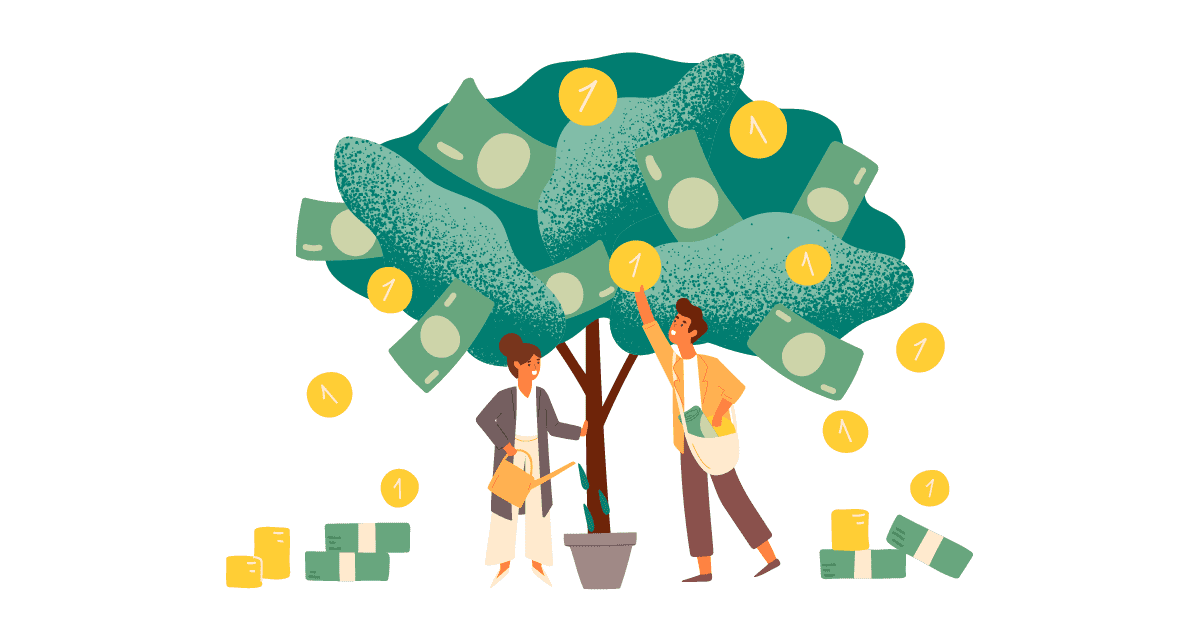- Guest Contributor
- November 2, 2021
You’ve probably seen the term “FDIC-Insured” at your bank. But what does it mean, and why does it matter? Understanding why your money needs this protection is one of the first steps toward making sound financial choices. When you put money in the bank or into a banking account, you want to know that it’s going to be safe. Here’s what to consider, when looking at FDIC insured options versus those that aren’t.
What does FDIC-insured mean?
FDIC-Insured means that the money you put into the account at that institution is protected by the Federal Deposit Insurance Corporation. The FDIC was created by Congress, but it’s an independent agency. It supervises the financial institutions in the United States for things like soundness and safety. That helps make sure that any bank or other lender is following proper business practices, and that consumers are protected. The FDIC also insures the safety of the money people deposit at those institutions.
Why does that matter?
Having FDIC-Insured banks matter. This coverage is a type of guarantee, like an insurance policy, that your money is safe in that bank. If there was to be some kind of economic collapse, or if the bank where you put your money went out of business without warning, you’d be able to get your money back.
But there’s a caveat, in that the amount of money the FDIC will insure per person isn’t infinite. Generally, the limit is $250,000 per person, per bank, even if you have several accounts at that same bank. But ownership category also matters. If you have a business and a personal account, for example, they’re each covered to $250,000.
If you have more than $250,000 in the bank, you’ll want to consider having some of it moved to another banking institution. That way, you’ll be protecting all of your money. Most people don’t have that much money in the bank, so they don’t need to worry about the cutoff for FDIC-Insured institutions. It’s important to know the limits, though, so you can protect your money if your wealth were to grow suddenly or rapidly. Knowing how to properly protect your money is extremely important for good, long-term financial health.
What happens if you aren’t insured?
If you aren’t insured, your money is at risk. That’s why options like stock investments always state that they are not FDIC-Insured, and that you could lose your investment. That doesn’t mean you shouldn’t invest, but it’s important to know the risks. For the money you’re putting into the bank, to use to pay bills and handle typical things in daily life, the protection of the FDIC is extremely valuable. You should avoid any banks that don’t offer FDIC-Insured accounts, to make sure you’re keeping your money safe.
Keep in mind, though, that credit unions are different. They have insurance through the National Credit Union Administration (NCUA). That’s perfectly acceptable, and they don’t have to be FDIC-Insured to protect your money. You can safely use a credit union that has NCUA protection, if you would rather put your money there. The biggest goal is to be sure that your money will be covered if something should go wrong with the bank, so you don’t lose your savings.

About the Author: Michelle Dakota Beck has worked as a professional freelance writer since the 1990s. During that time she has written everything from product descriptions to full-length books. Her areas of specialization include real estate, home services, legal topics, relationships, family life, and mental health issues. You can find her on WriterAccess.










